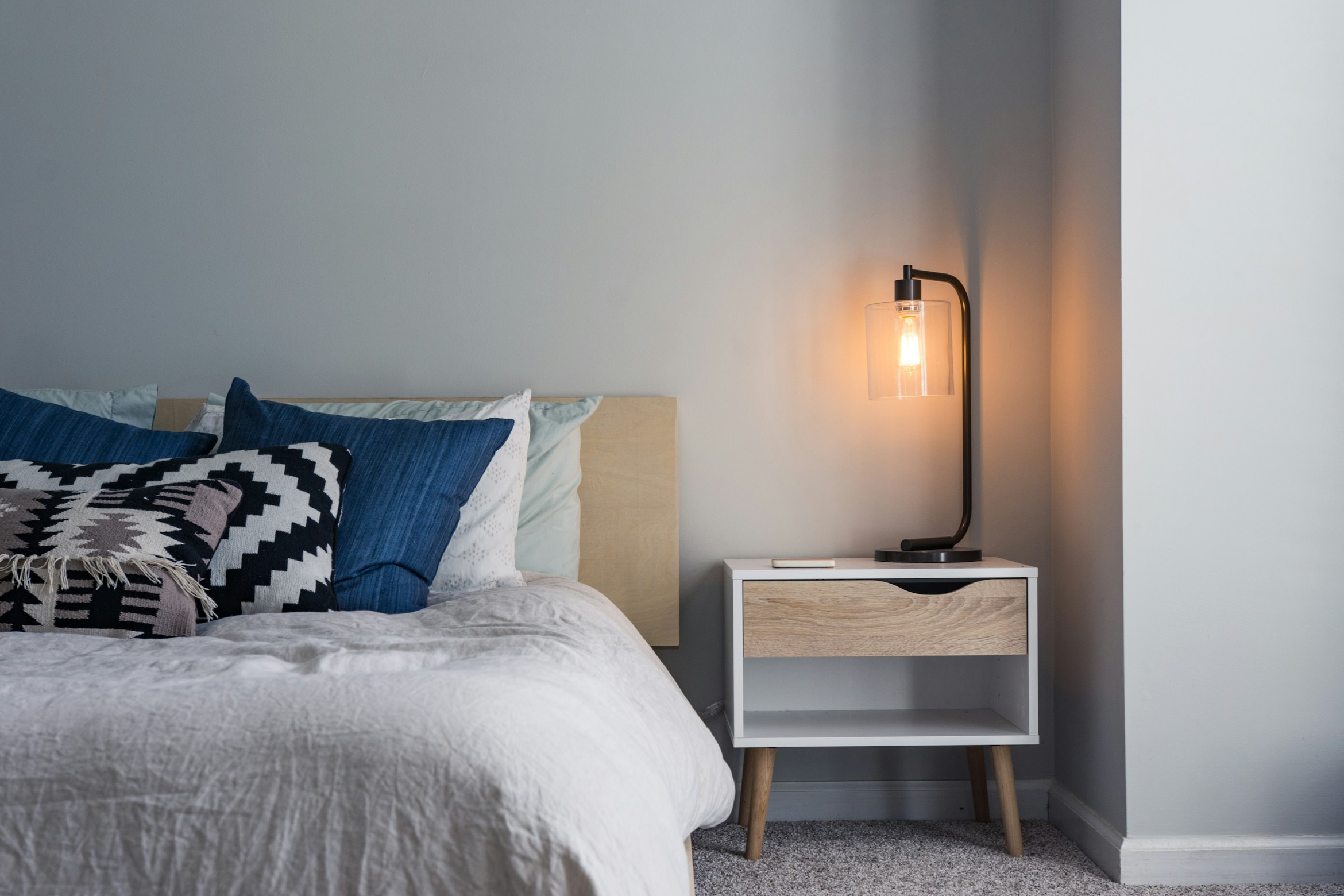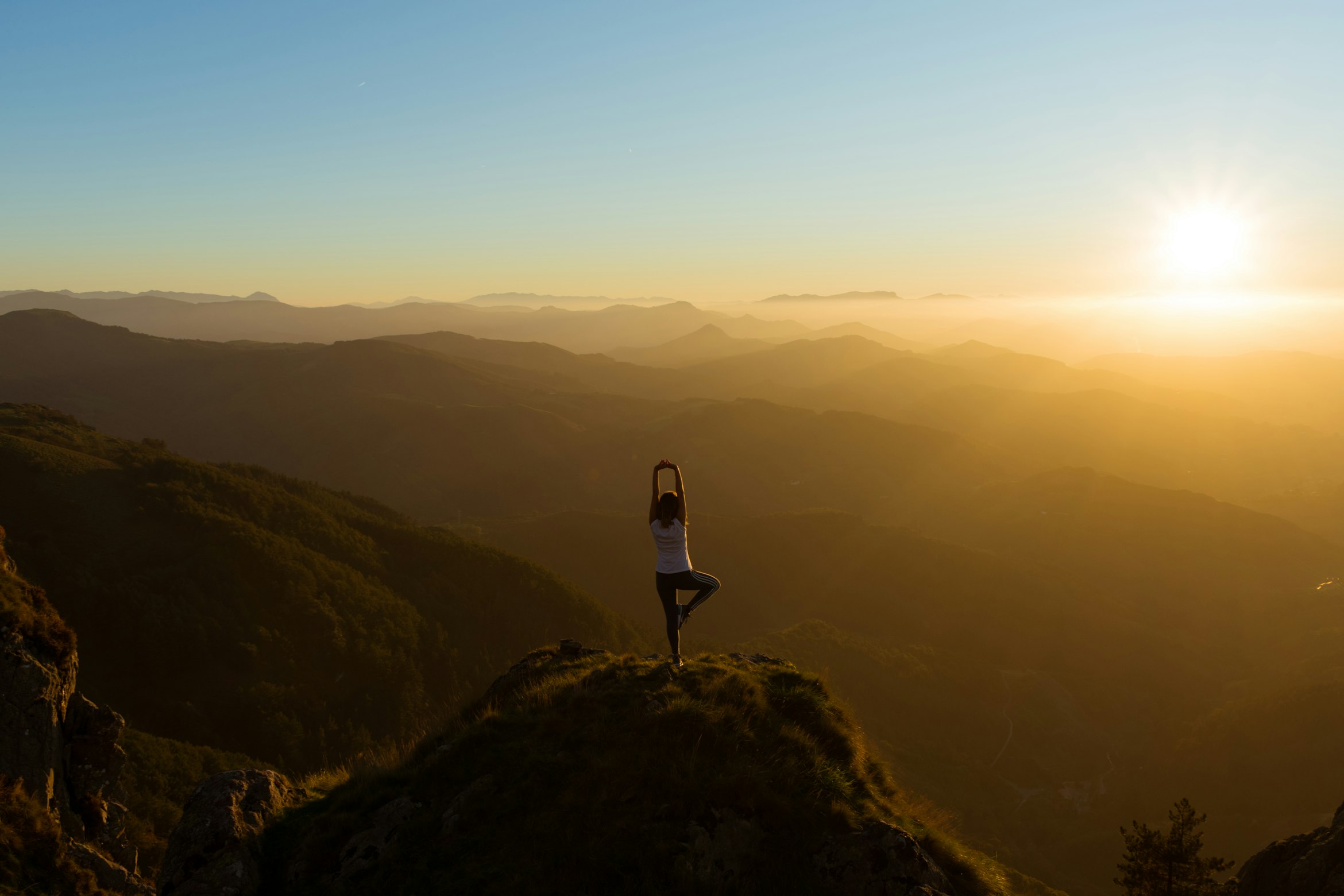7-Day Sleep Improvement Challenge: Transform Your Sleep in One Week
A step-by-step plan to dramatically improve your sleep quality in just 7 days using science-backed techniques and proven strategies.

7-Day Sleep Improvement Challenge
Ready to transform your sleep quality in just one week? This science-backed challenge will help you establish better sleep habits and see immediate improvements in how you feel each morning.
What You’ll Achieve
By the end of this 7-day challenge, you can expect to:
- Fall asleep 20-30 minutes faster
- Experience fewer middle-of-night wake-ups
- Wake up feeling more refreshed and energized
- Establish a sustainable sleep routine
Your 7-Day Action Plan
Day 1: Optimize Your Sleep Environment
Goal: Create the perfect sleep sanctuary
Today’s Actions:
- Set bedroom temperature to 65-68°F (18-20°C)
- Block all light sources - use blackout curtains or eye mask
- Remove electronic devices from bedroom
- Invest in comfortable bedding if needed
Why it works: Research shows that cooler, darker environments promote deeper sleep by supporting your body’s natural circadian rhythm.
Evening Task: Take a photo of your optimized bedroom and note how it feels different.
Day 2: Establish a Consistent Sleep Schedule
Goal: Regulate your circadian rhythm
Today’s Actions:
- Choose your ideal bedtime and wake time (aim for 7-9 hours of sleep)
- Set a “bedtime alarm” 1 hour before sleep time
- Wake up at the same time regardless of when you fell asleep
- Avoid “sleeping in” on weekends during this challenge
Why it works: Your body’s internal clock thrives on consistency. Even one week of regular timing can significantly improve sleep quality.
Track: Log your bedtime and wake time. Notice energy levels throughout the day.
Day 3: Master the Pre-Sleep Routine
Goal: Signal to your body that it’s time to wind down
Today’s Actions:
- Start your routine 60-90 minutes before bed
- Dim all lights in your home after sunset
- Take a warm bath or shower (raises then lowers body temperature)
- Try gentle stretching or reading - no screens
Sample 60-Minute Routine:
- 9:00 PM: Dim lights, prepare for tomorrow
- 9:15 PM: Warm shower or bath
- 9:30 PM: Light stretching or meditation
- 9:45 PM: Read a book or listen to calming music
- 10:00 PM: Lights out
Why it works: A consistent routine trains your brain to recognize sleep signals, making it easier to fall asleep quickly.
Day 4: Optimize Daytime Habits
Goal: Use daytime activities to improve nighttime sleep
Today’s Actions:
- Get 15-30 minutes of morning sunlight within 2 hours of waking
- Avoid caffeine after 2 PM (or 8 hours before bedtime)
- Exercise during the day - but not within 4 hours of bedtime
- Limit daytime naps to 20 minutes if needed
Why it works: Morning light exposure helps regulate melatonin production, while strategic caffeine timing prevents it from interfering with sleep.
Challenge: Replace your afternoon coffee with herbal tea or water.
Day 5: Perfect Your Bedroom Setup
Goal: Fine-tune your sleep environment
Today’s Actions:
- Evaluate your mattress and pillows - are they supportive?
- Use white noise or earplugs if your environment is noisy
- Try aromatherapy - lavender essential oil can promote relaxation
- Consider upgrading pillows if you wake with neck pain
Quick Mattress Test: Lie on your side. If your spine isn’t straight, your mattress may be too soft or firm.
Pillow Guide for Sleep Positions:
- Side sleepers: Thick, firm pillow
- Back sleepers: Medium thickness
- Stomach sleepers: Thin, soft pillow
Why it works: The right sleep surface can reduce pressure points and minimize tossing and turning.
Day 6: Master Sleep-Promoting Nutrition
Goal: Use food and drink to enhance sleep quality
Today’s Actions:
- Eat your last large meal 3 hours before bed
- Try a small sleep-promoting snack if hungry before bed
- Limit alcohol consumption - it disrupts sleep cycles
- Stay hydrated during the day but reduce fluids 2 hours before bed
Sleep-Promoting Snacks (if needed):
- Small handful of almonds
- Banana with almond butter
- Chamomile tea with honey
- Greek yogurt with berries
Why it works: Certain foods contain tryptophan and magnesium, which promote relaxation and melatonin production.
Day 7: Stress Management and Mental Preparation
Goal: Calm your mind for better sleep
Today’s Actions:
- Practice the 4-7-8 breathing technique before bed
- Write in a gratitude journal - 3 things you’re thankful for
- Do a “worry dump” - write down tomorrow’s concerns to clear your mind
- Try progressive muscle relaxation
4-7-8 Breathing Technique:
- Inhale through nose for 4 counts
- Hold breath for 7 counts
- Exhale through mouth for 8 counts
- Repeat 3-4 times
Progressive Muscle Relaxation:
- Tense each muscle group for 5 seconds, then relax
- Start with toes, work up to your head
- Notice the contrast between tension and relaxation
Why it works: These techniques activate your parasympathetic nervous system, naturally preparing your body for sleep.
Week-Long Success Tips
Track Your Progress
Keep a simple sleep log noting:
- Bedtime and wake time
- How long it took to fall asleep
- Number of wake-ups
- Morning energy level (1-10)
Common Challenges and Solutions
“I can’t fall asleep”
- Review your evening routine
- Try the 4-7-8 breathing technique
- Get up after 20 minutes and do a quiet activity until sleepy
“I wake up during the night”
- Avoid checking the time
- Practice breathing exercises
- Keep the room cool and dark
“I’m too busy for a routine”
- Start with just 15 minutes
- Prepare the night before
- Remember: good sleep improves productivity
After the Challenge
To maintain your improved sleep:
- Stick to your sleep schedule even on weekends (within 1 hour)
- Continue your evening routine - it’s now a habit!
- Be flexible but consistent - life happens, but return to good habits quickly
- Track your sleep occasionally to maintain awareness
Expected Results Timeline
Days 1-2: Environment feels more restful
Days 3-4: Falling asleep becomes easier
Days 5-6: Fewer middle-of-night wake-ups
Day 7: Waking up feeling more refreshed
Bonus: Sleep Challenge Checklist
Print this checklist and check off each day’s accomplishments:
Day 1: ☐ Optimized bedroom temperature ☐ Removed electronics ☐ Blocked light sources
Day 2: ☐ Set consistent sleep schedule ☐ Used bedtime alarm
Day 3: ☐ Created 60-90 minute wind-down routine
Day 4: ☐ Got morning sunlight ☐ Cut afternoon caffeine
Day 5: ☐ Evaluated sleep surfaces ☐ Added white noise
Day 6: ☐ Timed meals properly ☐ Limited evening fluids
Day 7: ☐ Practiced relaxation techniques ☐ Wrote in gratitude journal
Your Sleep Transformation Starts Now
Remember, this challenge is about progress, not perfection. Even implementing 50% of these strategies can significantly improve your sleep quality. The key is consistency and patience as your body adapts to new, healthier sleep patterns.
Sweet dreams, and welcome to better sleep!
Share Your Success: Tag us on social media with your sleep improvement results using #TrueSleepChallenge
Ready to take your sleep to the next level? Check out our complete mattress buying guide for the perfect sleep surface.









